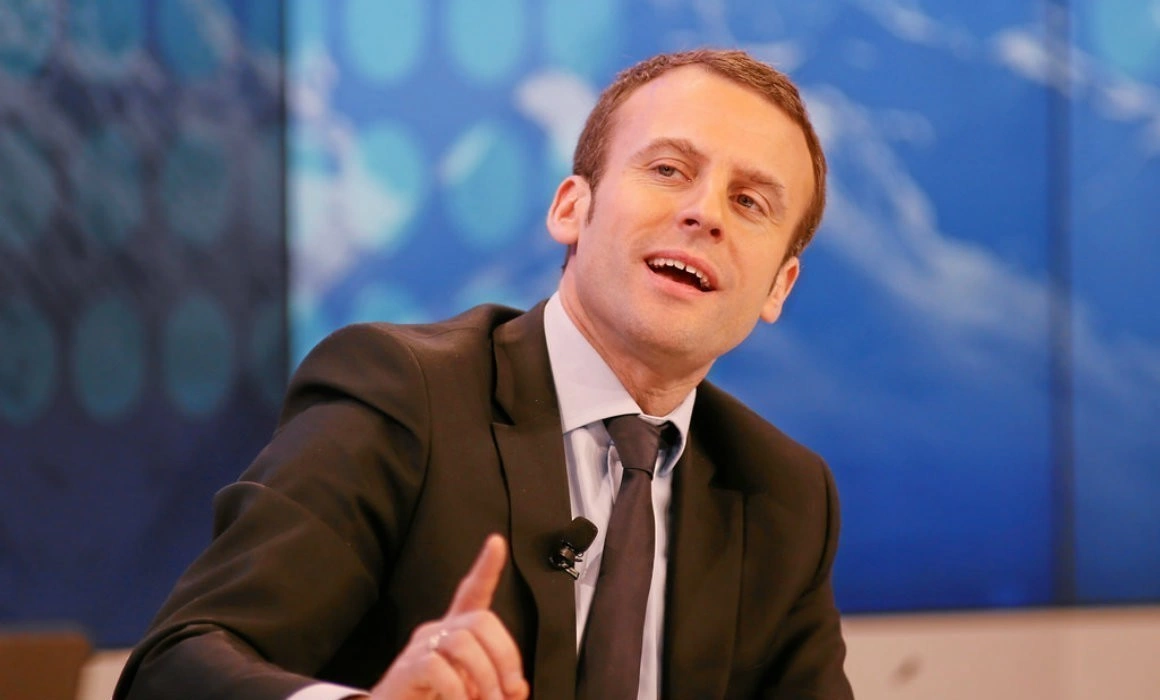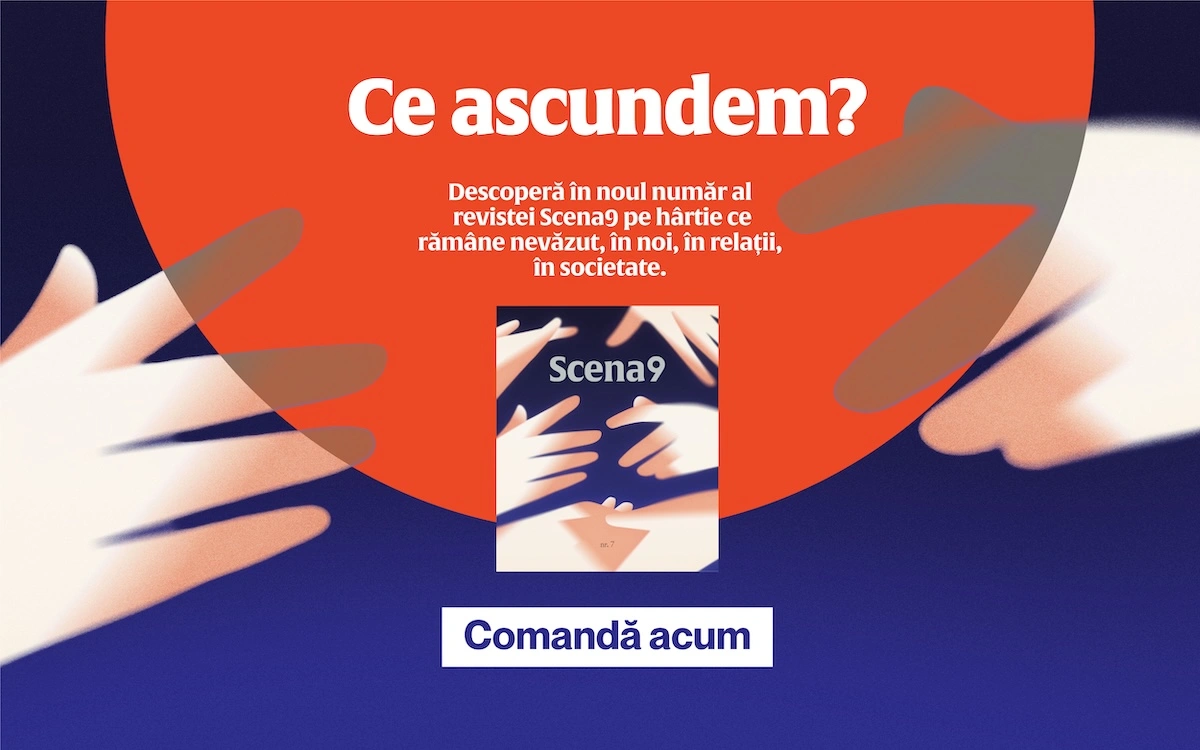The French people elected an enfant terrible as their president. Emmanuel Macron is 39 and contributes plenty of atypical details towards the symbolic imaginary of the presidency: he’s (too) young, he bypassed all those who adhered to a traditional political route, and he studied philosophy. He’s also allowed himself to live an exceptional love story that went against society’s standards, he was the literary secretary of philosopher Paul Ricoeur (1913-2005), and he was a business banker for Rothschild. He was the Minister of Economy in François Hollande’s socialist government, and after 10 years of professing his love on the fringes of society, he convinced Brigitte to marry him: he was 29 and she, 54. Surrounded by his young IT friends – all around the age of 30 – he created the political movement En marche! and believed that 365 days would be enough for him to become France’s president.
Chose faite!
During the second round, the man who can flawlessly quote Gilles Deleuze, Marcel Conche, or Jürgen Habermas, came face to face with a primitive and brutal political adversary, the leader of the far-right party, Marine le Pen. „La France mérite mieux!” was his only possible slogan, the only audible sound in the dissonance of a shameful media confrontation, with no ideas and no courtesy, between two presidential candidates, and France’s most important representatives. But that’s how the French are, all of them, enfants terrible, Gavroches who like to scare themselves in the mirror, so that afterwards, they can take a good, hard look at themselves and feel liberated.
A Spoonful of Politics
Martin, the 11-year-old son of some French friends of mine, was shocked to consider that if Marine Le Pen became France’s president, I could be kicked out of his country. All jokes aside, every single French person, young or small, is consuming politics by the spoonful.
On voting Sunday, people took their whole families to the polls, the same way they used to go to church, back in the day. Election is une grande messe in France, akin to a religious ritual, a massive individual and collective exercise. It is democratic, captivating, and passionate. There are stats that back up this claim: 80 percent of voting age French people showed up at the polls to elect their president. This year, the second round fell on a long weekend, and seeing how the French cherish their days off, plenty of them thought twice before leaving on vacation and missing out on casting their decisive vote in the Macron versus Marine Le Pen equation. In France, you can only vote in your place of residence, directly, or through a proxy that can be quite hard to obtain, because it needs police certification. The confrontation between Macron and Marine Le Pen was bad news for tourism, as the reservations dropped nearly 30 percent compared to the ones made for the long weekend in previous years.
The night of the televised debate, the theaters were empty and the restaurants became vacant much earlier than usual. Although, in the history of presidential debates, no televised debate really influenced the fate of the vote, there is still a certain hunger for politics, a constant eagerness to witness the making and breaking of politics. Granted, the spectacular discoveries that were born during the campaign (Penelopegate), and the primary election surprises (when against all odds, François Fillon won for the right and Benoit Hamon, for the left) stoked the fire of the civic tension. Also, even though that la chose politique (partaking to civilian affairs) is a type of forma mentis for the French, the state of affairs is making the people exercise what the structure of the language itself regulates, which is the debate itself, the recounting of a discourse following an argumentative logic (‘oui... mais”).
The French are passionate about their politics, but they’re also capable of giving credit (with 33.9 percent of the vote) to a far-right personality, who is otherwise, generally ostracized. The reason behind this comes from a psychological repression, that can be historically explained: the presidential role is a gaping void. The newly elected president of France, preoccupied with the communication between ideology and political action, and passionate about political philosophy, explains the crisis of democracy through what the history of France has already embedded in the political imaginary of the French:
“The democratic process has a void. In French politics this void represents the King figure. I believe the French people didn’t want the death of their King. This terror created a collective and imaginary emotional void: the King lives no longer! We kept trying to fill this void, to place other figures in its place: I’m especially talking about Napoleon and Gaulle. These two aside, French democracy was unable to fill the void. We can observe this through the permanent questioning of the presidential figure, set off by general Gaulle’s departure. Following him, the standardization of the presidential figure reinstated a void in the heart of France’s politics. And, we still expect the president of our Republic to fill in this position. Everything was built on this particular misunderstanding.”(Emmanuel Macron in a dialogue with Eric Forrorino, for the Le 1 weekly)
At the dinner table with Trump and Putin
What type of president will Emmanuel Macron be? On May 7, his brilliant communication team produced a highly symbolic image, worthy of being etched in the history of France: on the night of his political victory, Emmanuel Macron crossed the massive Louvre courtyard. He did it alone, and seemed decisive and grave; he did it to offer himself to the crowds as a person capable of filling the void and heal the collective fear of chaos and sheer emptiness. To the roused “orphans” who were waving flags by the Louvre pyramid, he promised humility, action, and love.
A wonderfully artistic minute of solitude. Essentially, a concentrated dose of loneliness, like an armor. One that comes from his personal life, and one that is being prepared for him as a president. A political outsider, who didn’t have any time for friends, nor enemies until the age of 39. Emmanuel Macron still has nothing to lose. France divided, the left and right in political collapse? Europe, falling apart? Donald Trump? Vladimir Putin? People will let him know that he’s young and unexperienced. All of his wife’s wrinkles will be grotesquely scrutinized. But what could disturb him now? What could disturb the child whose love for a woman forced him to turn into a man, determined to keep his freedom to love, against his family, the public eye, and all those bigotries? Emmanuel Macron seems to have a type of mysterious inner strength, an optimistic objectivity, and an outstanding capacity to recover. You can almost hear him at the dinner table, alongside Trump and Putin: “Bon. If you’re finished fooling around, can we move on to more serious business?”
Like an enfant terrible who’s just done the naughtiest thing: he became the president of France.
Main photo: World Economic Forum/Flickr
Translated from the Romanian by Cristina Costea
For more fresh English-language cultural journalism, brought to you by the new voices of Romania, look here.




